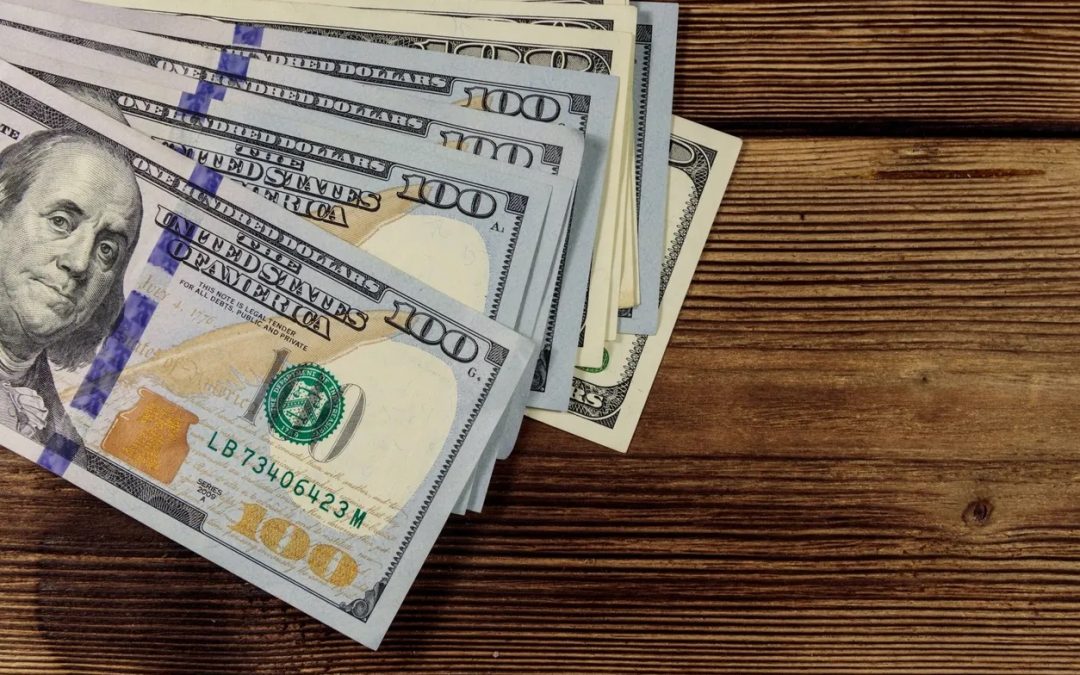1. I’ve lost my job or had my income reduced due to the social distancing required to battle COVID-19. What can I do to avoid falling behind on my mortgage?
Fannie Mae, Freddie Mac, and the federal agencies are offering forbearance on mortgages they back.
Fannie Mae, Freddie Mac, FHA, and USDA Rural Housing are requiring lenders to approve six months forbearance for any borrower whose income has been adversely affected by COVID-19 and another six months forbearance is available but lender must approve for FHA borrowers. Lenders are to waive all late charges, fees, and penalties during the forbearance period.
Individuals must contact their servicers to request this forbearance, which freezes payments during the specified time period. There are no fees during and after the forbearance period, and requests can be made to have the missed payments extended onto your payment term. Forbearance can be applied to mortgages on single family properties that are owner-occupied, second home, and investor properties.
After the forbearance period, the GSEs will modify the loan so that you can afford your payments. You must bring missed escrow payments up to date within 5 years, but are eligible for an “extend mod” which adds the missed payments onto the end of your loan term. If you cannot make the pre-forbearance payments there are a number of other modifications that can be made. Fannie Mae posted a document (link is external) that outlines its modification options. View additional information (link is external) from Fannie Mae about the extend mod.
Because there has been confusion between the official guidance and information shared by servicers, scripts for the servicers were created by both Fannie Mae (link is external) and Freddie Mac (link is external). Furthermore, their regulator the FHFA announced (link is external) that it would be collaborating with the CFPB to collect complaint data on servicers and work with the GSEs to curb poor behavior by servicers.
Some private banks are offering forbearance on loans that they hold which are not federally backed. Individuals should contact them directly to learn more about their programs. The CFPB has organized a primer (link is external) and video (link is external) on what consumers should look for when exploring forbearance or other relief options.
2. I’m going to have a hard time making my student loan payments, as my job was put on hiatus during the crisis; What do I do?
The CARES Act provides 6 months of forbearance on federal student loans. It also prohibits negative credit reporting or involuntary debt collection during forbearance period. The Department of Education has also waived all interest on student loans for this period. You must contact your loan servicer to get a forbearance.
3. I’m worried about my credit score. What should I do if a miss a few payments due to the crisis?
The CARES Act implemented provisions to protect credit scores from January 30, 2020 through 120 days after enactment of the national emergency. If customers are making payments, or made arrangement to not make payments, customers must be reported as being current. If a customer was delinquent, but was able to make an arrangement with the servicer and is now current, then their account must be reported as current. The important thing is to reach out to your servicer, bank or credit card company if you are having trouble making your payments.

